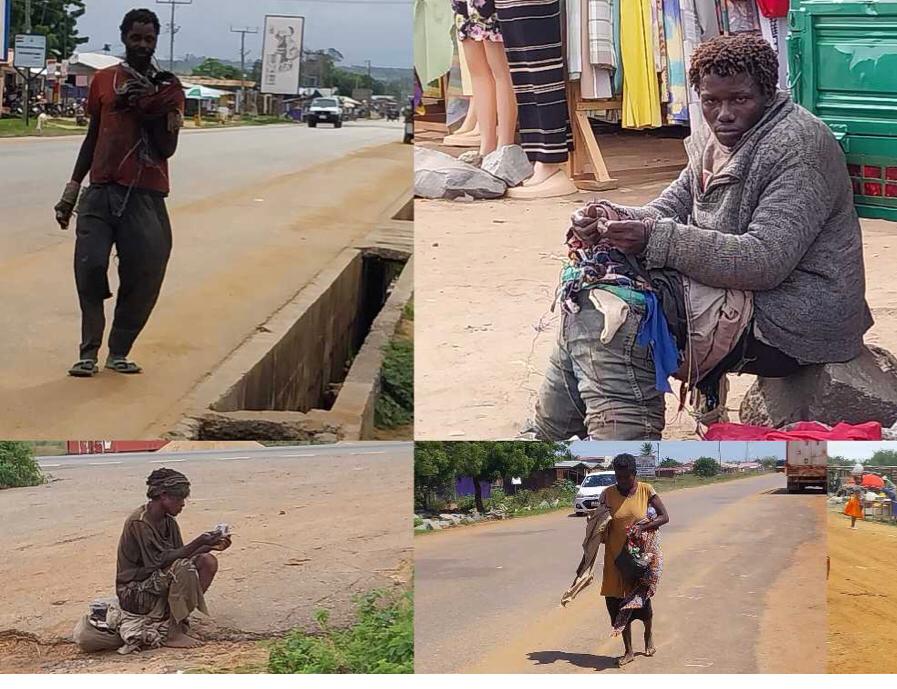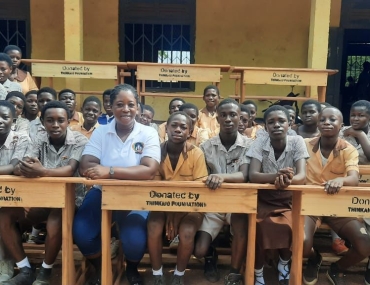Mental healthcare is becoming a critical concern in Ghana but the country is still straining to attend to it leaving those who need treatment suffering and stigmatized especially the most vulnerable ones in the society.
They are often subjected to discrimination, social isolation and exclusion, human rights violations, and an ancient demeaning stigma that leads to the bereavement of social support, self-reproach, or the decaying or straining of important relationships.
Even though mental health is becoming a serious international health concern, many nations, specifically third-world countries struggle to address the menace with inadequate resources being funnelled into the non-physical sector of health.
Consequences of poor mental health also include being predisposed to a variety of physical illnesses, having a reduced quality of life, fewer opportunities for income, and having lower individual productivity which affects the total national output.
Poor mental health can also account for violence, drug trafficking, child abuse, paedophilia, suicide, crime, and other social vices.
There are over 150 mentally challenged people on the streets of the Berekum area alone, Over 1000s mentally-ill patients are currently roaming the streets of Accra, Tema, and some other parts of the Greater Accra region.
An estimated 3.1 million Ghanaians, representing 10 per cent of the estimated 31 million population of Ghana, have one form of mental disorder or another, with 16,000 having severe cases. Sourcing the data from the World Health Organisation, WHO, and the Ghana Mental Health Authority indicate that 41 per cent of Ghanaians have psychological distress which is mild, moderate, or severe which costs the nation a 7 per cent Growth in Domestic Products loss.
Mental health problems can be categorized into four groups, those on the street, those at treatment facilities, like psychiatric and general health facilities, those in traditional and faith healing centres, and those in their houses and organisations who do not recognize their mental health illness, or who recognise but are not doing anything about it.
The Mental Health Levy captured in the Mental Health Act, 2012 (Act 846), is vaguely operationalized to generate the needed funds to tackle the situation. There is a systematic failure because the country’s mental health system is underresourced, hence the inability to attend to related issues.
Our social welfare system is inadequately funded to respond to people who need support. Also, the situation is compounded by a breakdown in the nuclear and extended family systems, compromising the ability to support people who require care in such circumstance





